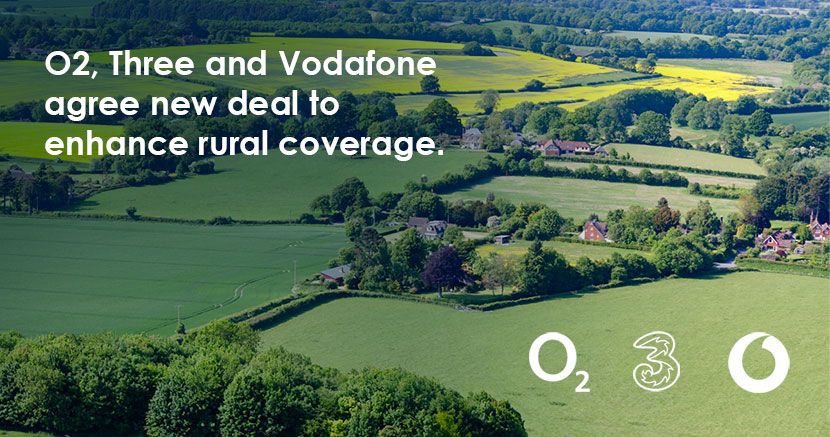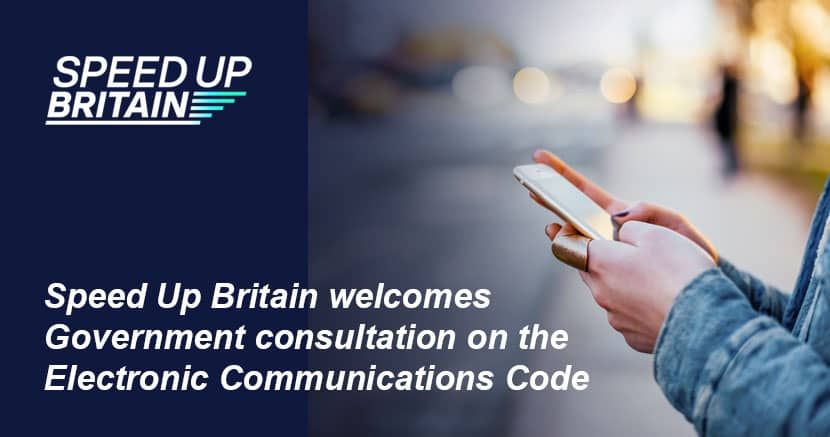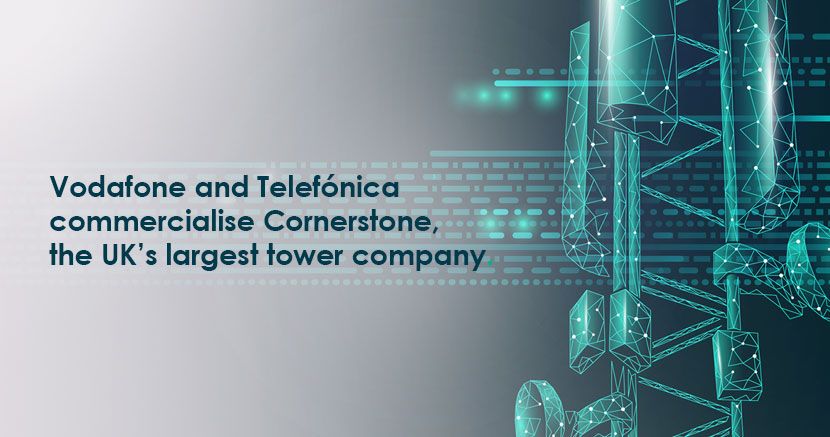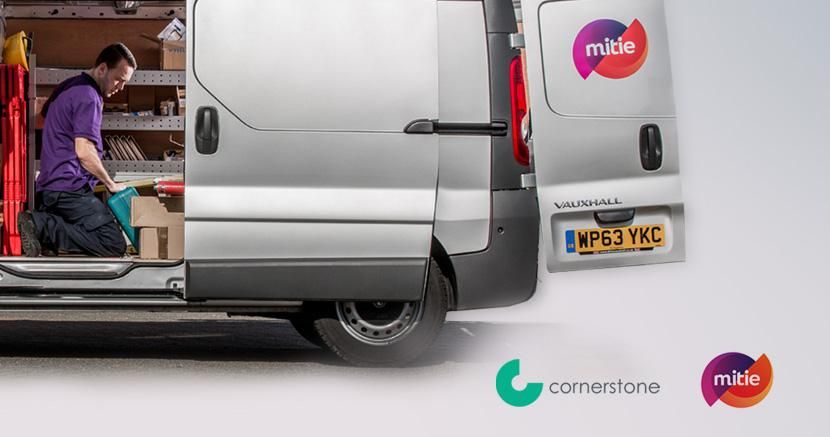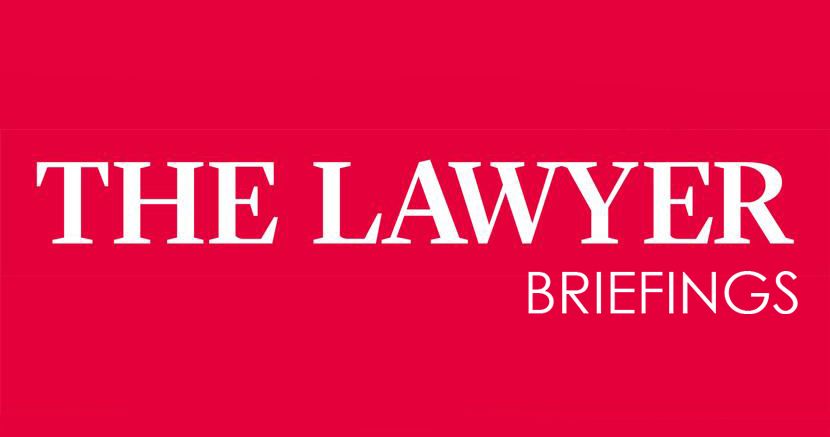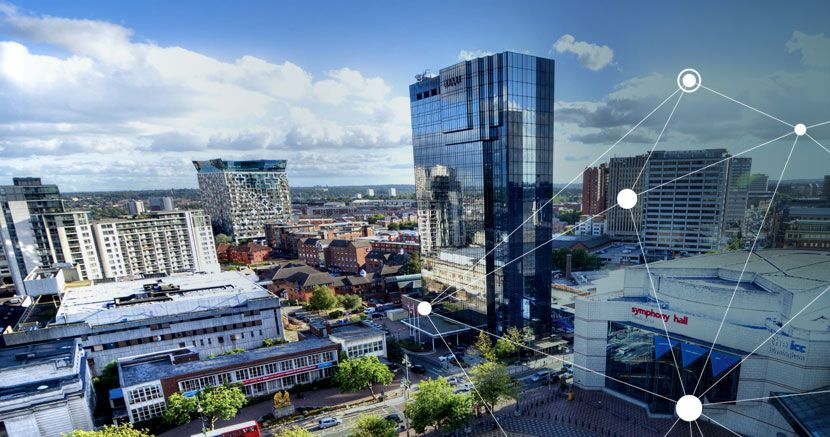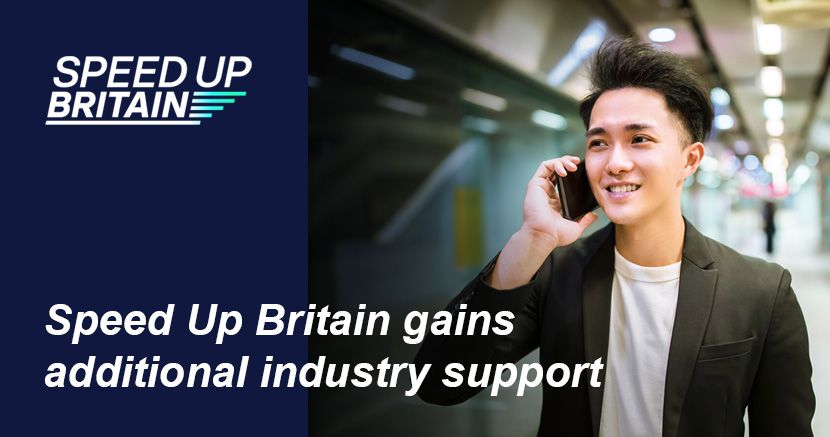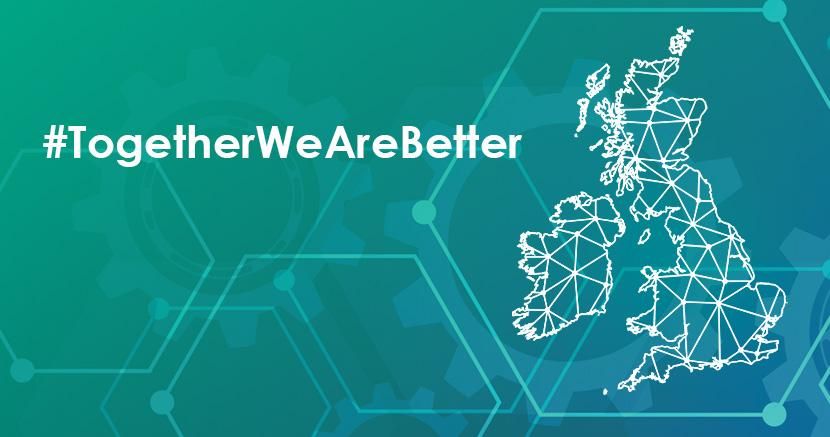Press release
January 27, 2021, London – Speed Up Britain, the cross-industry, non-partisan organisation campaigning for better mobile connectivity in every part of the UK, welcomes today’s announcement that the Department for Digital, Culture, Media and Sport (DCMS) will begin a consultation on potential changes to the 2017 Electronic Communications Code (“the Code”).
The issue
Speed Up Britain believes the Code, introduced to regulate the relationship between network operators and site providers who host the equipment needed for mobile networks, is not working as intended. Disagreements and lengthy legal proceedings over rights designed to facilitate the installation and maintenance of electronic communications networks are slowing down the buildout needed to deliver 4G and 5G technology across the country. In hampering the Government’s ambitious plans in this area, the Code in its current form is putting a huge economic prize at risk.
The Impact
Delays to the rollout of 5G and the Shared Rural Network caused by issues with the Code could cost the country tens of billions of pounds in lost economic output. A recent report by the Centre for Policy Studies (CPS), supported by Speed Up Britain, has warned that if delays continue at their current rate, by 2027 over 11 million households and businesses could be missing out on vital digital connectivity.
The CPS estimates that if 5G coverage reaches a quarter more of the population than the Government’s current target of 51%, it will produce gains of £41.7 billion by 2027. Moreover, the difference between the UK being a leader in 5G adoption or ceding leadership to others could be as much as £173 billion in incremental GDP over the coming decade.
These potential economic benefits should be considered in the context of the COVID-19 pandemic, which the Bank of England indicates is an “unprecedented economic shock in modern times”. The Office for Budget Responsibility published a downside economic scenario which projects GDP only returns to pre-virus levels by the fourth quarter of 20241. It also predicts the UK’s unemployment rate peaks at 11%, with lasting long-term damage to the economy of 6% of GDP.
The Solution
Speed Up Britain believes that targeted changes to the Code will accelerate the process of enabling connectivity improvements. As part of its response to the consultation, the Campaign will ask for amendments to specific provisions in the Code which will remove the financial disincentives to site providers to conclude renewal agreements; remove inconsistencies between different legislative regimes; ensure operators can use the Code to upgrade existing sites; clarify the Code’s intention for the sharing and upgrading of sites; and give equal importance to the conclusion of new site and renewal agreements.
Responding to the government’s announcement on the consultation process, Rt Hon Patricia Hewitt, Speed Up Britain’s Campaign Chair, said:
“Speed Up Britain welcomes this consultation on the Code and the Government’s commitment to improving connectivity in the UK. The Code needs urgent legislative reform to deliver best-in-class connectivity across Britain for the benefit of everyone – industry, landowners, government, and wider society. Small changes to the Code could unlock billions of pounds in our economy, drive the UK’s COVID-19 recovery, and make a real difference to the public, businesses, and local authorities regionally.”
Commenting on the publication of the consultation to update the Code, Hamish MacLeod, Director at Mobile UK, said:
“The Government has set ambitious targets on extending coverage and capacity, and getting the regulatory framework right to enable operators to deploy their networks is essential. We welcome the consultation on the Electronic Communications Code as a vital part of this strategy and stress the importance that legislative change follows on rapidly.”
ENDS
Press release
January 27, 2021, London – Speed Up Britain, the cross-industry, non-partisan organisation campaigning for better mobile connectivity in every part of the UK, welcomes today’s announcement that the Department for Digital, Culture, Media and Sport (DCMS) will begin a consultation on potential changes to the 2017 Electronic Communications Code (“the Code”).
The issue
Speed Up Britain believes the Code, introduced to regulate the relationship between network operators and site providers who host the equipment needed for mobile networks, is not working as intended. Disagreements and lengthy legal proceedings over rights designed to facilitate the installation and maintenance of electronic communications networks are slowing down the buildout needed to deliver 4G and 5G technology across the country. In hampering the Government’s ambitious plans in this area, the Code in its current form is putting a huge economic prize at risk.
The Impact
Delays to the rollout of 5G and the Shared Rural Network caused by issues with the Code could cost the country tens of billions of pounds in lost economic output. A recent report by the Centre for Policy Studies (CPS), supported by Speed Up Britain, has warned that if delays continue at their current rate, by 2027 over 11 million households and businesses could be missing out on vital digital connectivity.
The CPS estimates that if 5G coverage reaches a quarter more of the population than the Government’s current target of 51%, it will produce gains of £41.7 billion by 2027. Moreover, the difference between the UK being a leader in 5G adoption or ceding leadership to others could be as much as £173 billion in incremental GDP over the coming decade.
These potential economic benefits should be considered in the context of the COVID-19 pandemic, which the Bank of England indicates is an “unprecedented economic shock in modern times”. The Office for Budget Responsibility published a downside economic scenario which projects GDP only returns to pre-virus levels by the fourth quarter of 20241. It also predicts the UK’s unemployment rate peaks at 11%, with lasting long-term damage to the economy of 6% of GDP.
The Solution
Speed Up Britain believes that targeted changes to the Code will accelerate the process of enabling connectivity improvements. As part of its response to the consultation, the Campaign will ask for amendments to specific provisions in the Code which will remove the financial disincentives to site providers to conclude renewal agreements; remove inconsistencies between different legislative regimes; ensure operators can use the Code to upgrade existing sites; clarify the Code’s intention for the sharing and upgrading of sites; and give equal importance to the conclusion of new site and renewal agreements.
Responding to the government’s announcement on the consultation process, Rt Hon Patricia Hewitt, Speed Up Britain’s Campaign Chair, said:
“Speed Up Britain welcomes this consultation on the Code and the Government’s commitment to improving connectivity in the UK. The Code needs urgent legislative reform to deliver best-in-class connectivity across Britain for the benefit of everyone – industry, landowners, government, and wider society. Small changes to the Code could unlock billions of pounds in our economy, drive the UK’s COVID-19 recovery, and make a real difference to the public, businesses, and local authorities regionally.”
Commenting on the publication of the consultation to update the Code, Hamish MacLeod, Director at Mobile UK, said:
“The Government has set ambitious targets on extending coverage and capacity, and getting the regulatory framework right to enable operators to deploy their networks is essential. We welcome the consultation on the Electronic Communications Code as a vital part of this strategy and stress the importance that legislative change follows on rapidly.”
ENDS
For media enquiries please contact:
James Melville-Ross: +44 (0) 790 968 4467
Adam Davidson: +44 (0) 779 384 5080
contact@speedupbritain.com
About Speed Up Britain
Speed Up Britain is a cross-industry, non-partisan organisation, campaigning for better mobile connectivity in every part of the UK.
Speed Up Britain was founded by Cellnex, Corner
For media enquiries please contact:
James Melville-Ross: +44 (0) 790 968 4467
Adam Davidson: +44 (0) 779 384 5080
contact@speedupbritain.com
About Speed Up Britain
Speed Up Britain is a cross-industry, non-partisan organisation, campaigning for better mobile connectivity in every part of the UK.
Speed Up Britain was founded by Cellnex, Cornerstone, MBNL and Mobile UK, organisations committed to delivering the infrastructure necessary to meet demand for future mobile connectivity but who are frustrated by blockages in the system of securing access agreements under the Electronic Communications Code 2017. The Campaign is also supported by Atlas Towers Group, Britannia Towers, DMSL and Ulstercom.
The campaign is chaired by Rt Hon Patricia Hewitt, the former Secretary of State for Trade and Industry (2001-2005) and Member of Parliament for Leicester West between 1997 and 2010.
Find out more at www.speedupbritain.com
View the DCMS consultation here.
1 https://commonslibrary.parliament.uk/research-briefings/cbp-8866/


